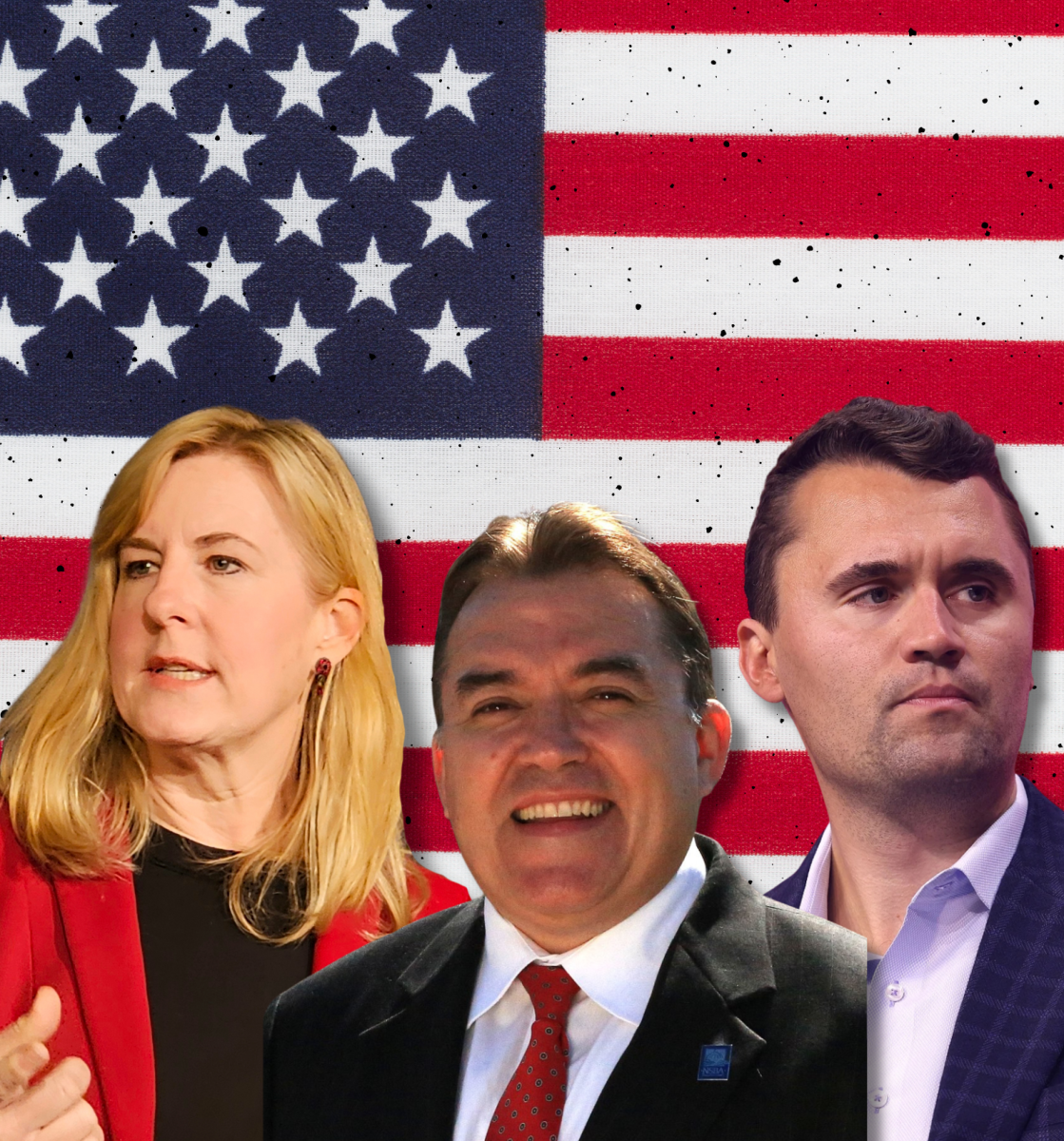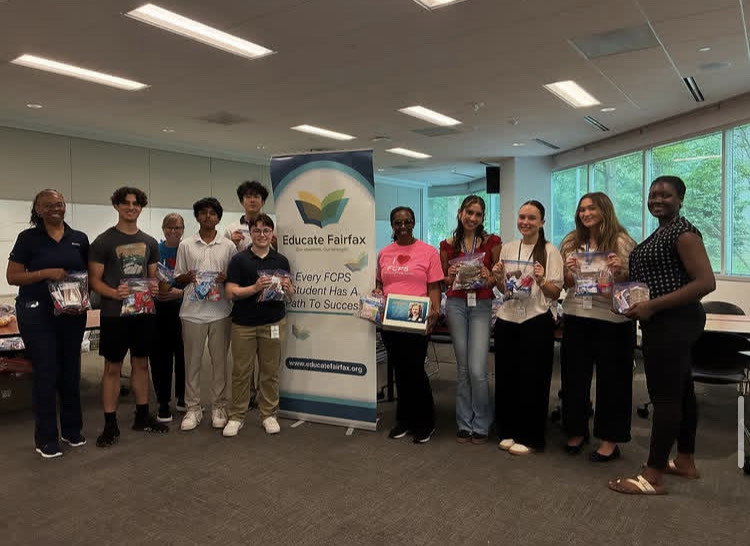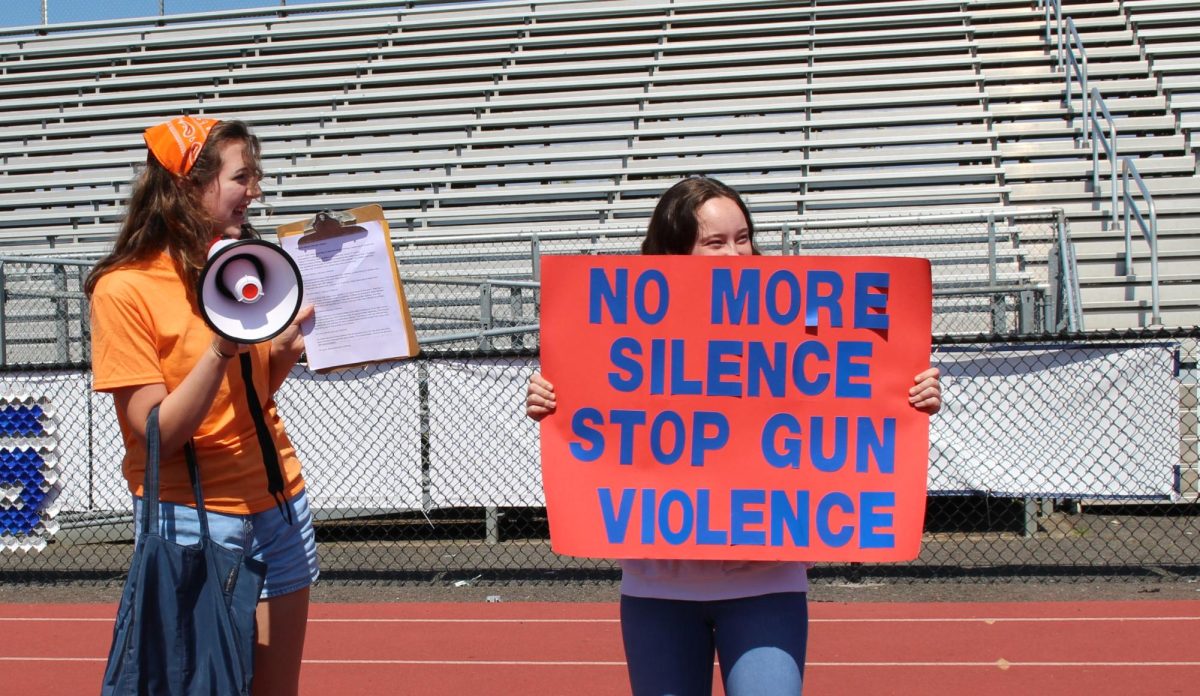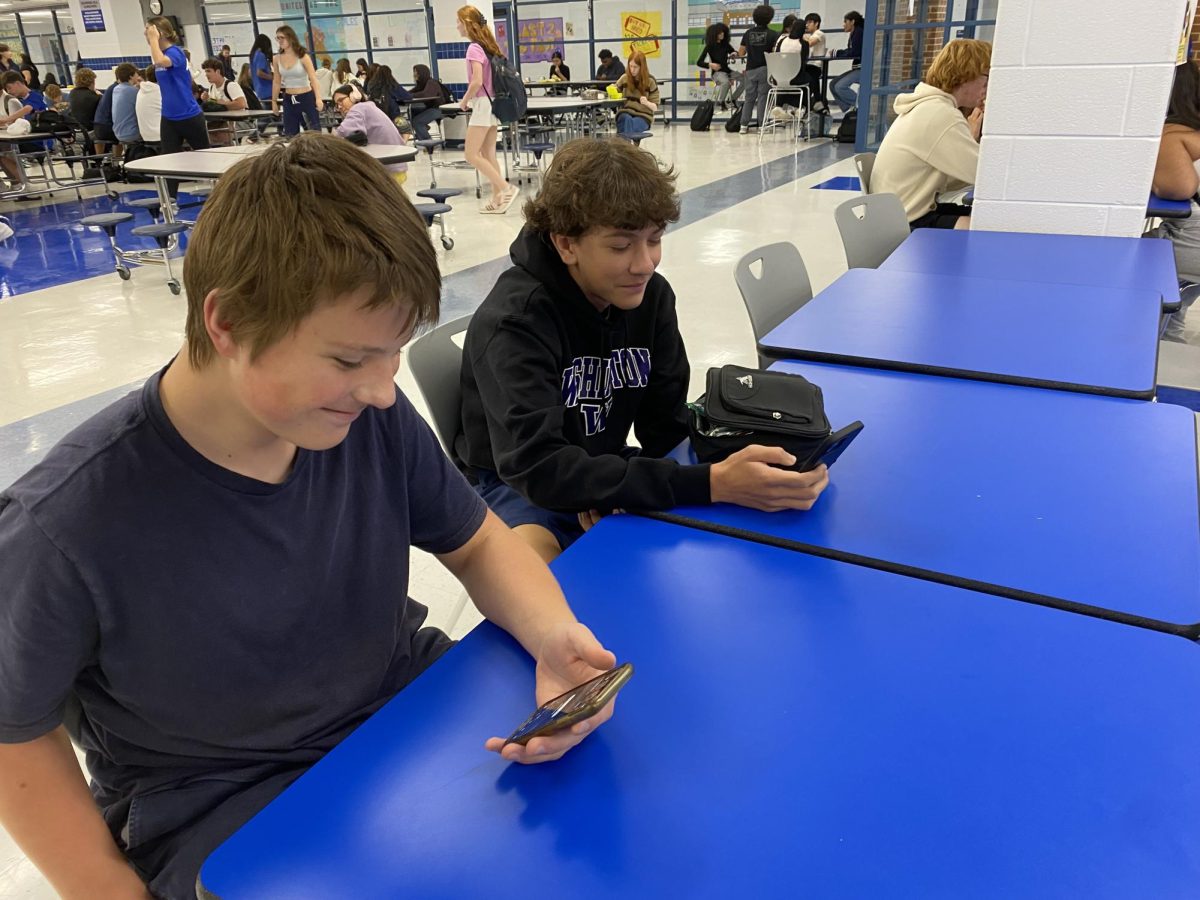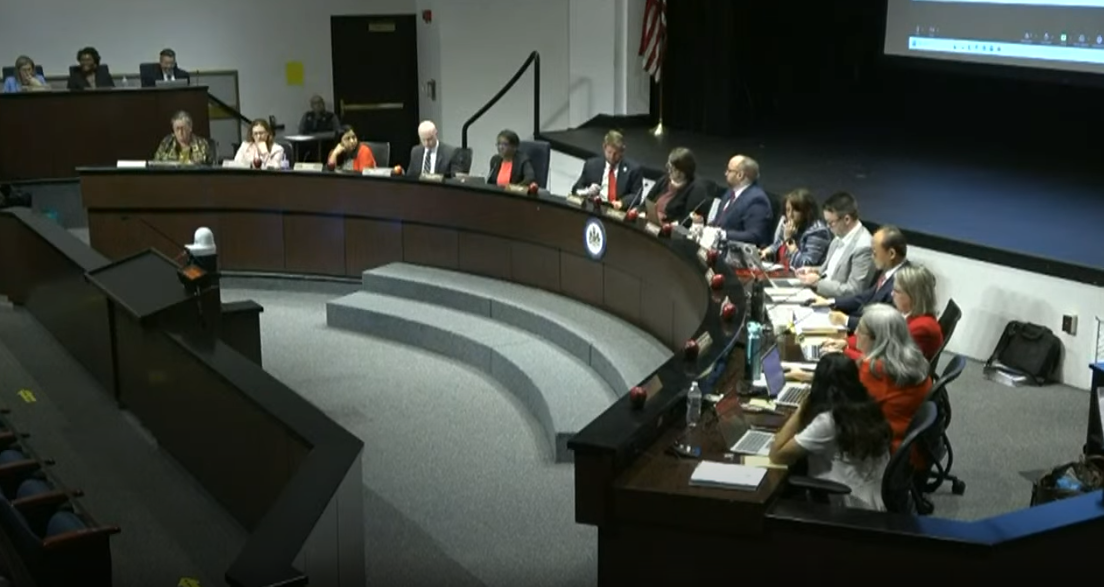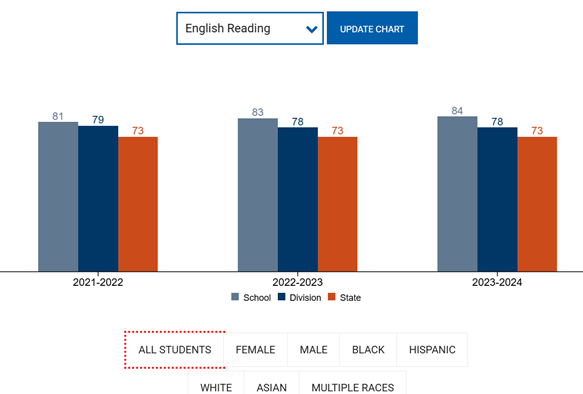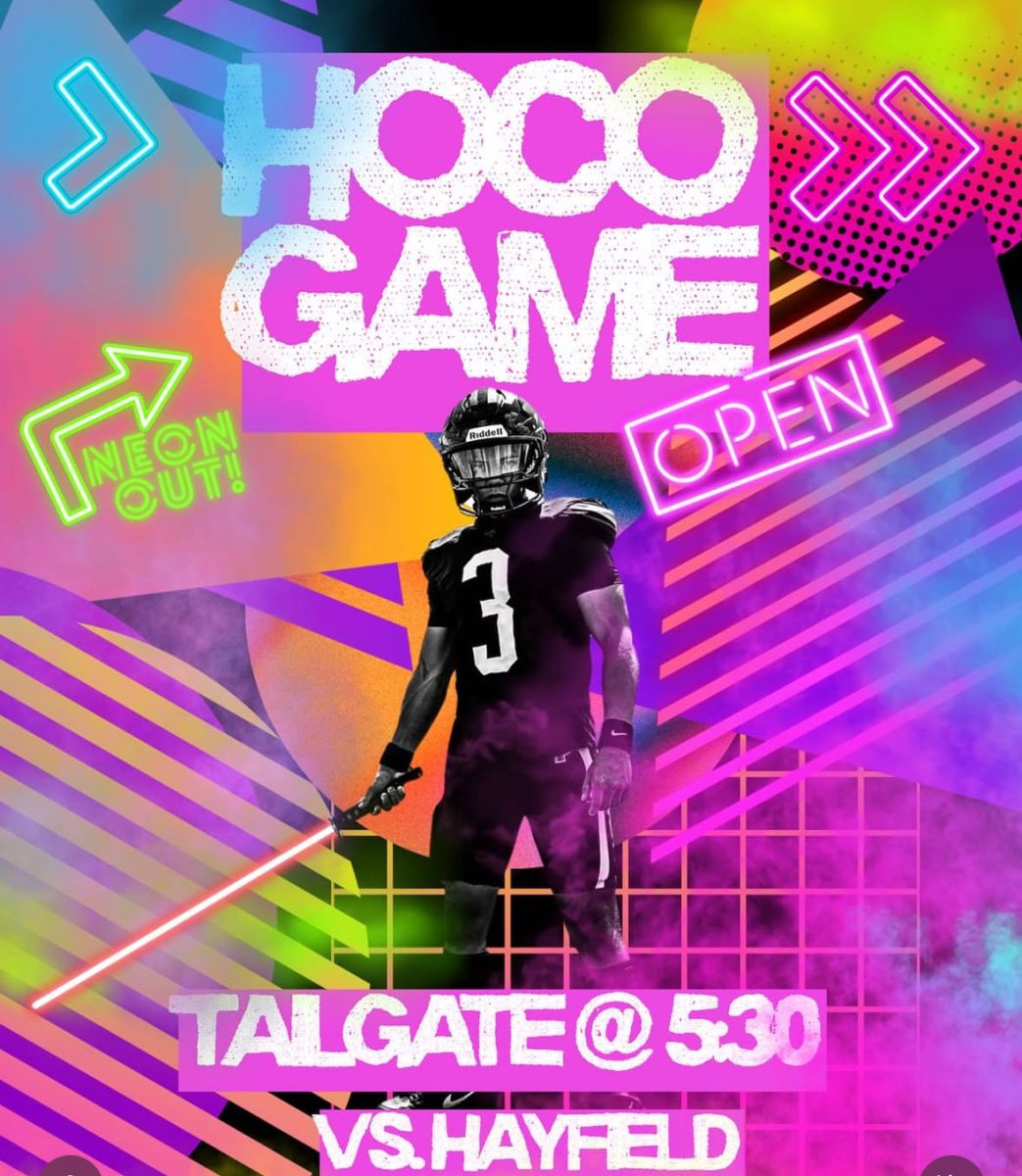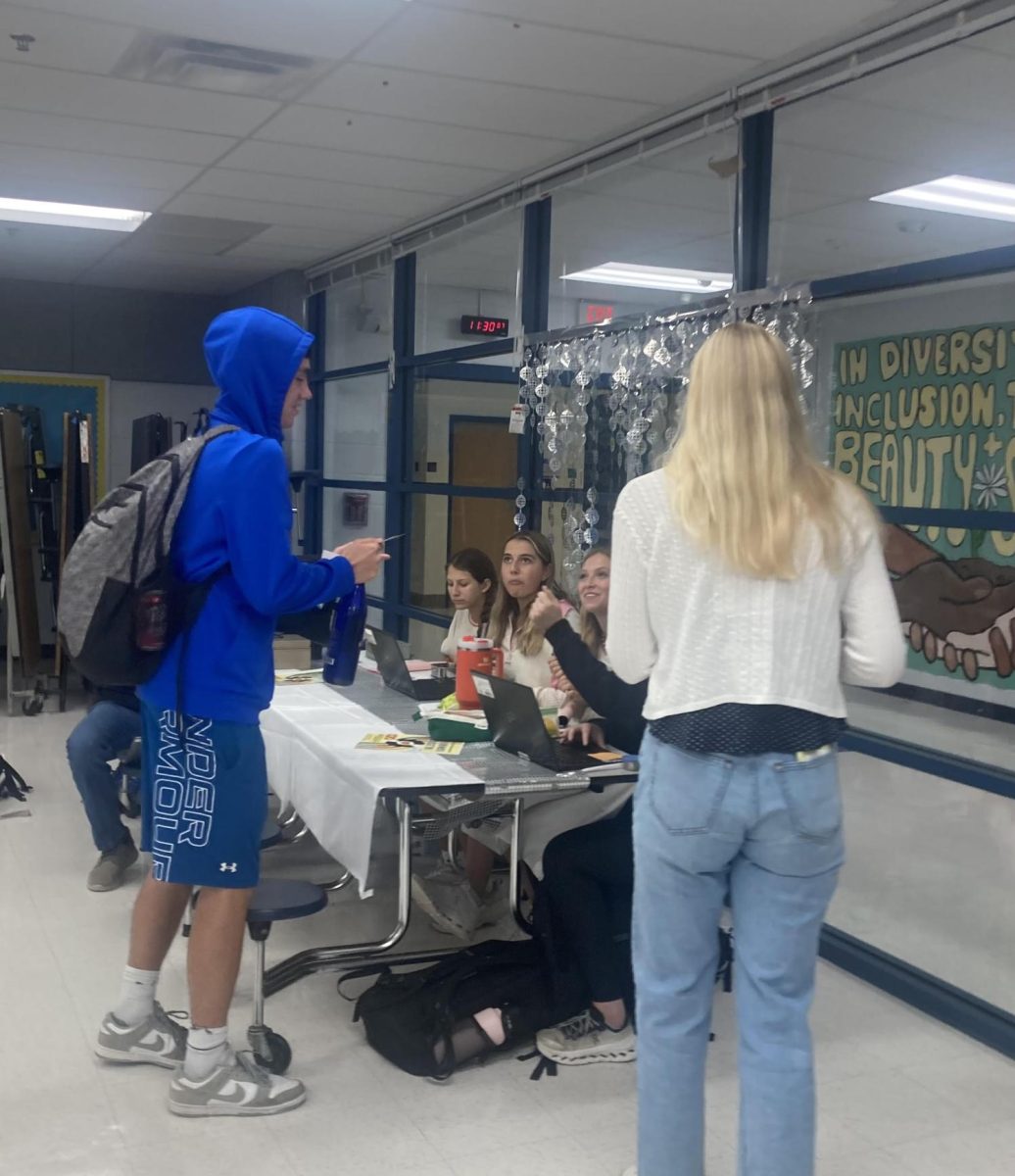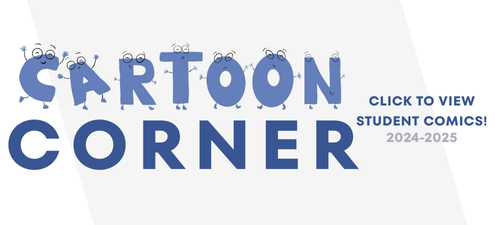I am one of nearly 90 million disabled people who live in America, and I believe that each and every one of us deserve to have a fair chance to follow their dreams. I have been lucky enough to have many opportunities to try new things and participate in things that I am passionate about, such as engineering, but many people like me never get the fair chance that I got, especially in STEM fields such as engineering.
Subconscious biases often lead to ableism and discrimination. Because of this, there are significant barriers that prevent many disabled people from becoming engineers. Some of these barriers include inaccessible lab spaces, a lack of accommodations, and a lack of inclusive and accommodating teaching. These barriers mean that many talented individuals with the potential to change the world are left by the wayside and forgotten through no fault of their own.
Sadly, ableism also leads to disabled people feeling undervalued and inferior. According to the NIH, disabled people are twice as likely to be depressed as non-disabled people, and 34.8% percent of disabled people have experienced some form of ableism. The discrimination that many disabled people face can make them feel like they are worse than non-disabled people. Tragically, this creates the hardest barrier to overcome. Mental obstacles are especially harmful, because in order to accomplish anything great, you need to believe in yourself. However, it is incredibly challenging to believe in yourself when so many people are telling you that you aren’t good enough or that you can never make it.
Contrary to what many people might believe, disabled engineers are in some cases actually more inspired and motivated than other engineers. Dr. Rory Cooper is a perfect example of this. After he suffered a terrible spinal cord injury, he became a mechanical engineer and designed devices to help others with spinal cord injuries live their lives with more freedom. He was far more motivated than other engineers to design these devices because he wanted to ensure that everyone with his same condition could go on to still live a happy and fulfilling life instead of being trapped and limited by their disability.
I don’t believe that an engineer without a disability would have this same motivation, and they would of course also lack important knowledge about the condition. Dr. Rory Cooper had the first hand experience of having a spinal cord injury, meaning that he knew exactly what these devices should do, how they should do it, and why they should do it. Again, I highly doubt that an engineer that did not share Dr. Cooper’s experiences would be able to design a device that worked nearly as well as his did. This is why diversity is so important in all fields, especially engineering.
This problem and others like it are of course very hard to solve. However, that doesn’t mean that it’s impossible. In my opinion, solving this problem has to start with putting an end to subconscious biases against disabled people. Unfortunately, it just isn’t possible to eliminate all biases, but we have to at least try. Plus, we’ve already made so much progress towards the full acceptance of disabled people into society, so we can’t stop now.
These are all huge problems, and it will take decades, if not longer to fully solve all these issues, but then again, there’s no time like the present, is there?

